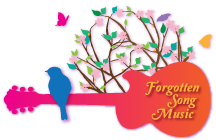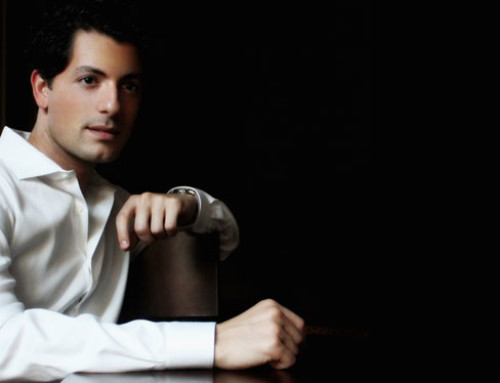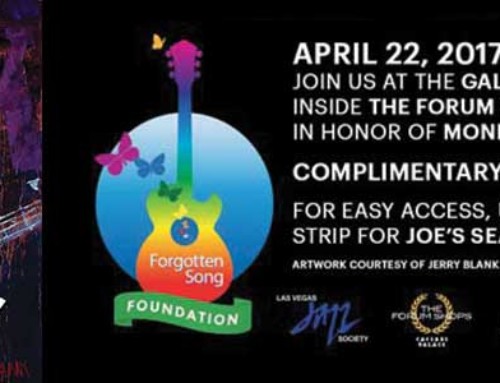One of the interesting things about true musicians is that music consumes them and they find it in even simple ways, such as tapping their fingers to an unsung beat, or tapping their foot to a melody no one else hears. Yet, when they let loose and play their music, magic begins and anyone who is able to listen to it, becomes drawn in to all that is expressed. That goes for all types of music, one of them being jazz.
One of a handful of musicians who can be said to have permanently changed jazz, Charlie Parker is arguably the greatest saxophonist of all time. He could play remarkably fast lines that, if slowed down to half speed, would reveal that every note made sense. “Bird,” along with his contemporaries Dizzy Gillespie and Bud Powell, is considered a founder of bebop; in reality he was an intuitive player who simply was expressing himself. Rather than basing his improvisations closely on the melody as was done in swing, he was a master of chordal improvising, creating new melodies that were based on the structure of a song. In fact, Bird wrote several future standards (such as “Anthropology,” “Ornithology,” “Scrapple from the Apple,” and “Ko Ko,” along with such blues numbers as “Now’s the Time” and “Parker’s Mood”) that “borrowed” and modernized the chord structures of older tunes. Parker’s remarkable technique, fairly original sound, and ability to come up with harmonically advanced phrases that could be both logical and whimsical were highly influential. By 1950, it was impossible to play “modern jazz” with credibility without closely studying Charlie Parker.
Charlie Parker was also known as Charles Parker, Jr. and Yardbird in addition to Bird. He was born on August 29, 1920 in Kansas City, Kansas, and died on March 12, 1955 in New York City, leaving a jazz legacy behind that still lives today.



Leave a Reply